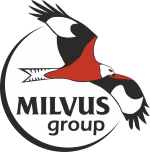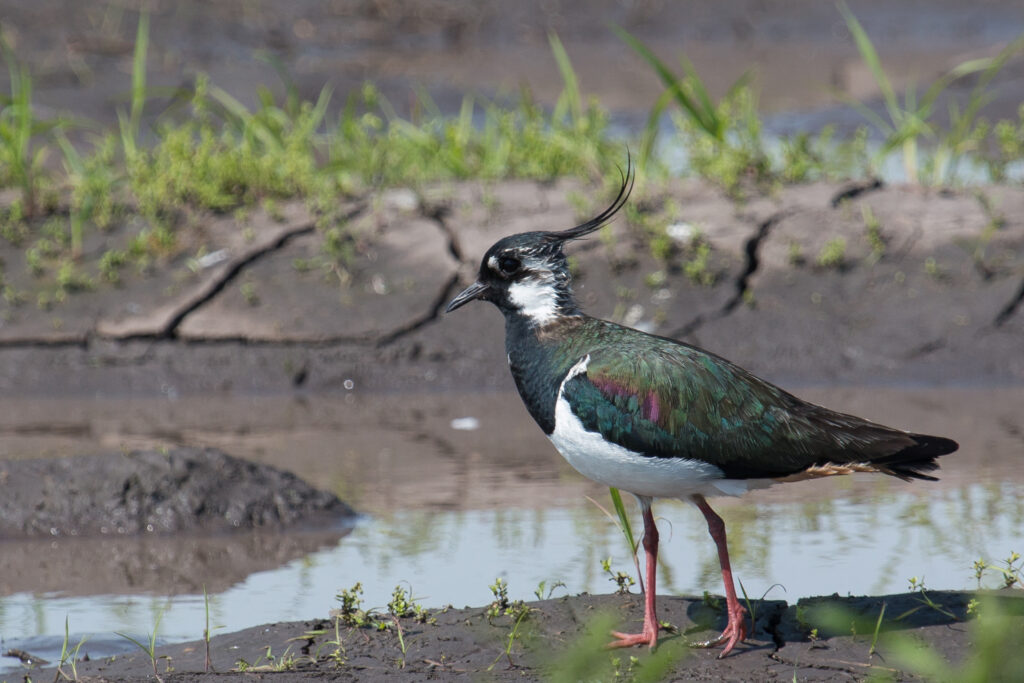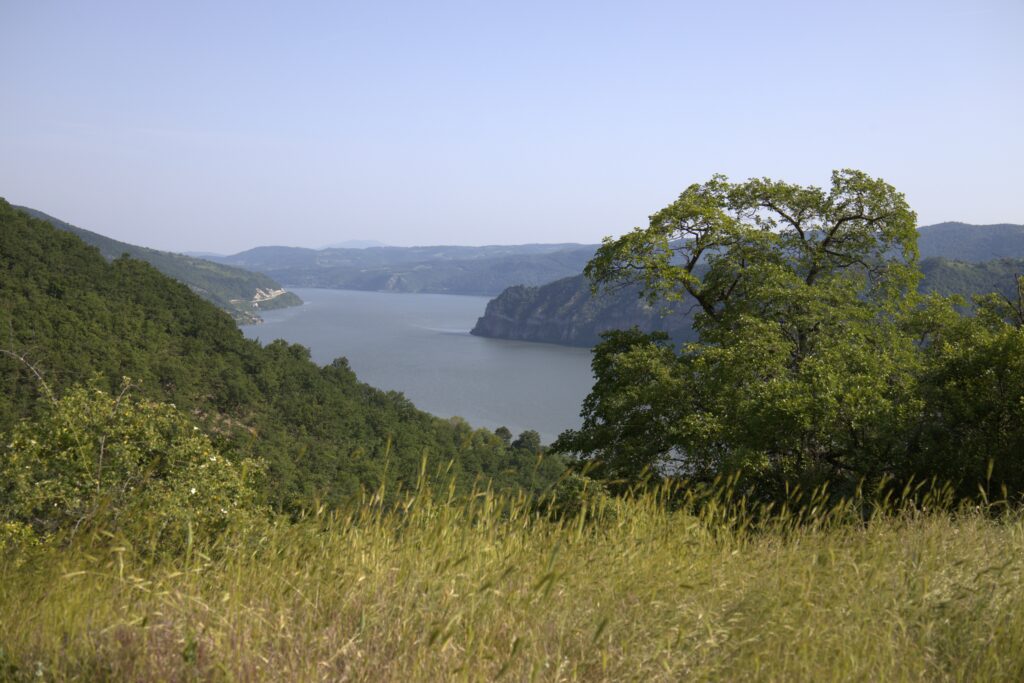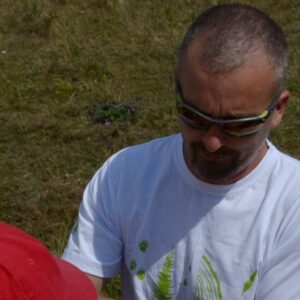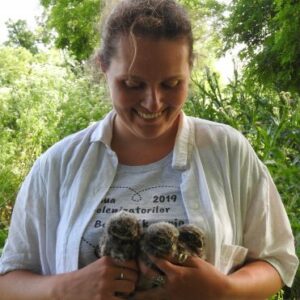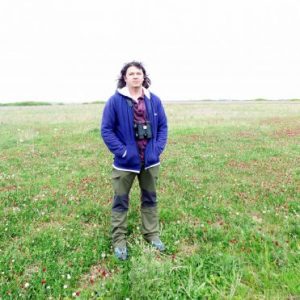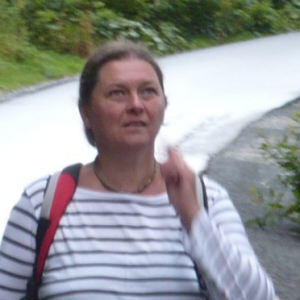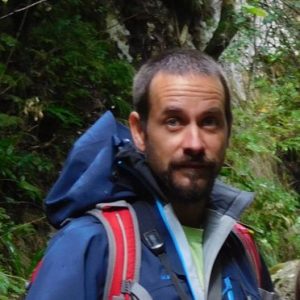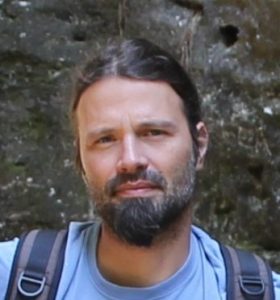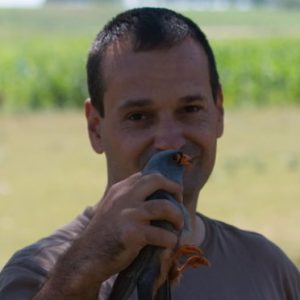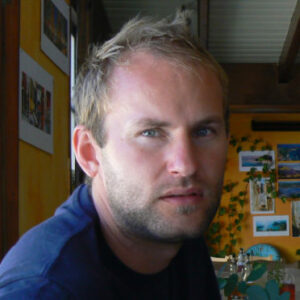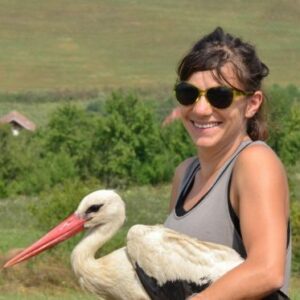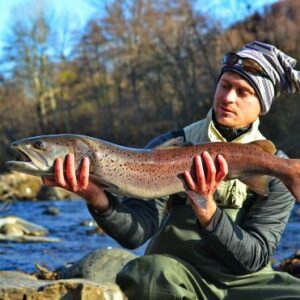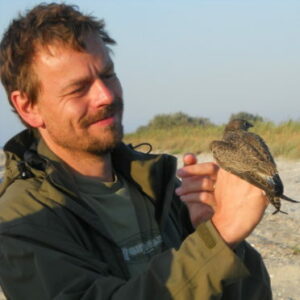Our existence depends on water and yet, we managed (since 1700 until now) to destroy 80% of the Earth’s wetlands, these being the most endangered ecosystems on the planet. The numbers are frightening:
- 2.2 billion people are without safe drinking water;
- 485,000 die each year because of the lack of drinking water;
- One in three freshwater species and 25% of all wetland species face extinction from wetland decline;
- 81% of inland wetland species and 36% of coastal and marine species have declined in the last 50 years;
- Wetlands are being lost three times faster than forests.
Besides providing us fresh water wetlands’ rich biodiversity underpins quality of life for people around the world: provides food security, supplies medicines, guards against floods and other natural disasters, are a source of income, protects against disease by ensuring healthy ecosystems and safe spaces for wildlife away from human habitats and stores more carbon than any other ecosystem on Earth.
The numbers speak for themselves:
- About 1 in 8 people (>1 billion worldwide) make their livelihoods from wetlands;
- Wetlands safeguard the 60% of humanity along coastlines against storm surges, hurricanes and tsunamis;
- 40% of the world’s plant and animal species live or breed in wetlands;
- Peatlands cover only 3% of global land but store ~30% of land-based carbon — twice the amount of all the world’s forests.
The list of why we cannot exist without wetlands is long and all in all, everything on earth depends on it. This is why each and every one of us need to act to ensure that wetlands don’t disappear.
On 30 August 2021 the UN General Assembly adopted a resolution that established 2 February as World Wetlands Day. “Wetlands and Human Wellbeing” is the theme for World Wetlands Day 2024. Every wetland counts and every effort, no matter how small it may seem, counts. By understanding the significance and contribution of the wetlands and by ensuring their sustainable use by managing them wisely we can make a huge difference.
Throughout its 30 years of existence, Milvus Group has carried out several projects, which aimed, among others, to protect these wetlands, by developing management plans for several Natura 2000 sites, the last one being a project focused on the Mures River.
